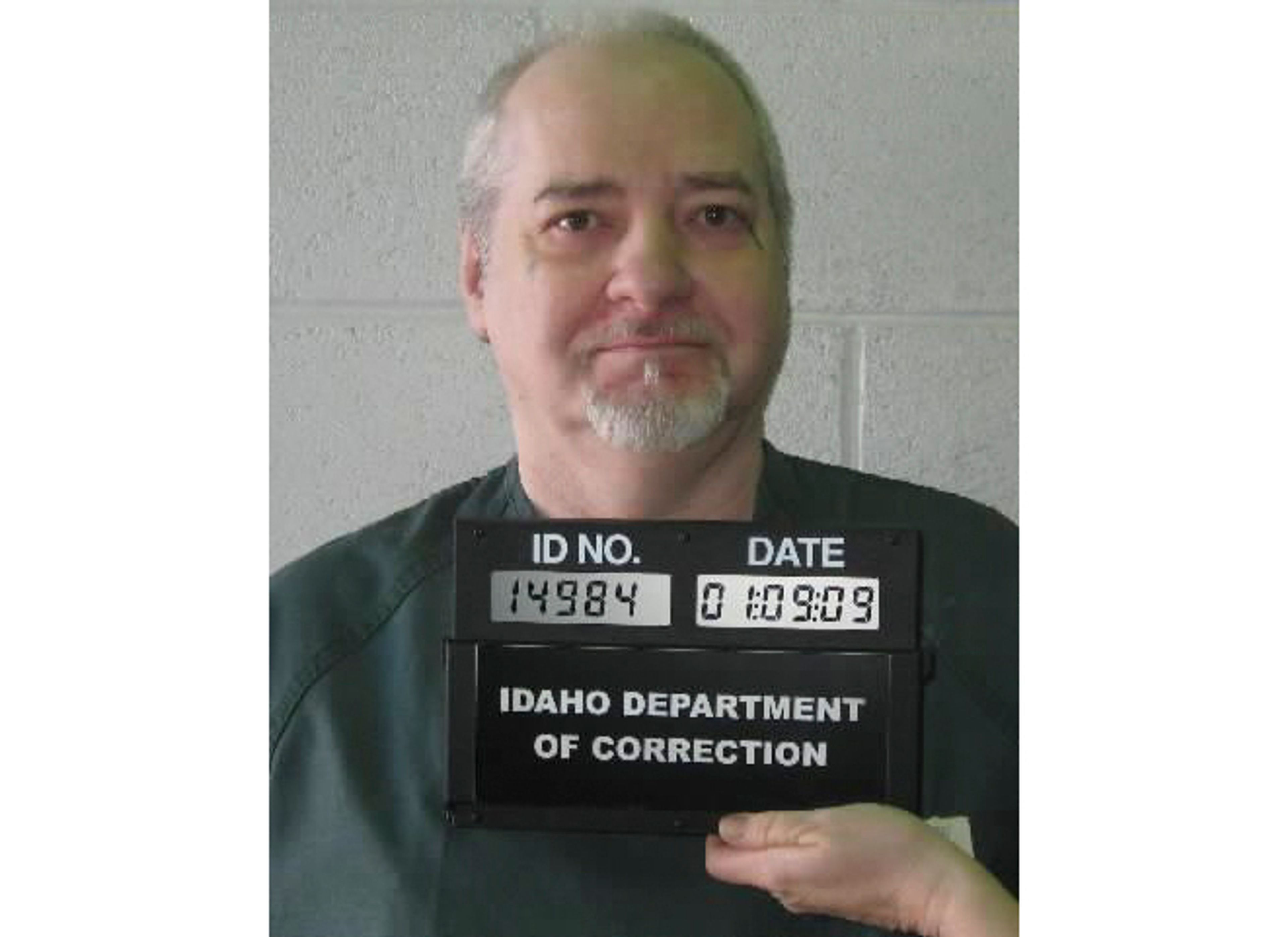Idaho appeals ruling ordering release of execution records
BOISE — Idaho prison officials are appealing a judge’s order that they turn over documents containing the source of lethal injection drugs used in a recent execution.
The Idaho Department of Correction filed the notice of appeal this week in Ada County’s 4th District Court.
In the notice, the officials say they want the Idaho Supreme Court to decide whether Judge Lynn Norton erred when she determined a receipt from the compounding pharmacy that provided the drugs used in Richard Albert Leavitt’s execution in 2012 is a public document that must be released.
The receipt was for drugs expected to be used in a later execution, but none has occurred since then.
The ruling came in a lawsuit filed under Idaho’s public records law by University of Idaho Professor Aliza Cover after the department denied her public record request in 2017.
Cover, who is represented by the ACLU of Idaho, has filed a cross-appeal in the case, asking the Idaho Supreme Court to decide several issues including whether the lower court judge erred when she said the Idaho Department of Correction could withhold portions of other lethal injection documents.
Prison officials have long said they fear they won’t be able to obtain drugs for future executions if their potential sources believe they could be exposed. Major pharmaceutical companies have refused to sell medications to states if they think they will be used for executions, forcing some states to look for more novel sources, including compounding pharmacies and drugs from other countries like India.
In the lower court’s ruling, Norton said Idaho must release the receipt from the compounding pharmacy that provided the drugs used in Leavitt’s execution, but she noted the compounding pharmacy is no longer allowed to provide chemicals to Idaho because it can’t comply with current regulations. Norton said the document should be released because it won’t likely have an effect on future executions.
Likewise, she said the department could keep secret part of a different document that might expose future suppliers of lethal injection drugs, including the source that supplied the drugs used in the execution of Paul Ezra Rhoades in 2011. That’s because that supplier could potentially provide Idaho with drugs for future executions, the judge said.








